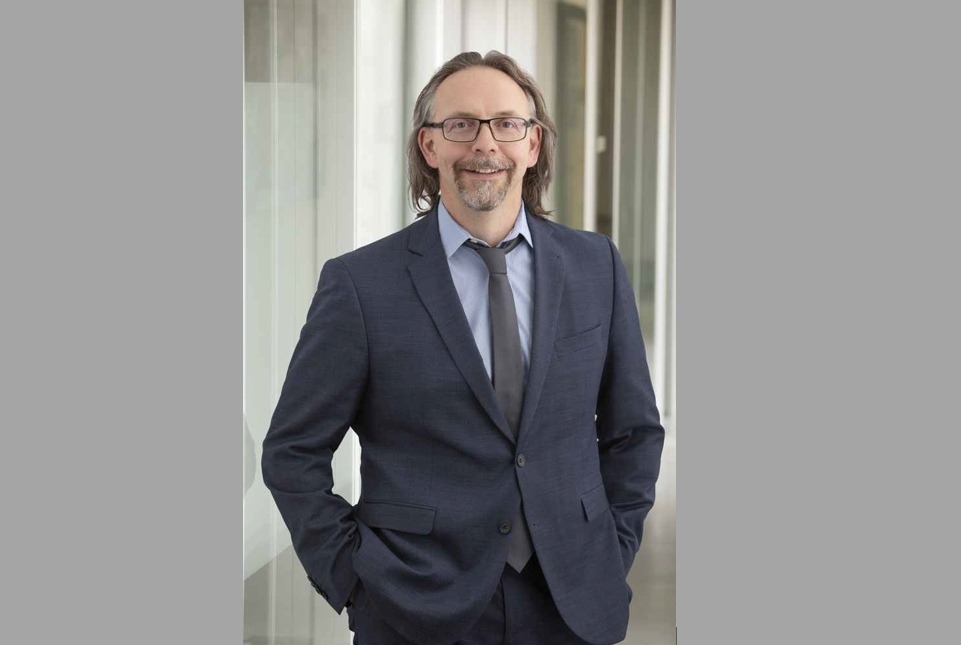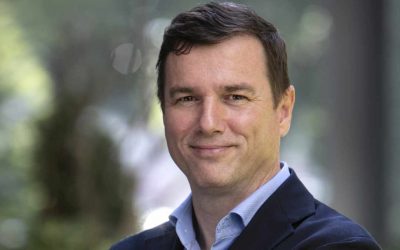I was intrigued by your job title at Patrizia: Chief Urban Economist, as opposed to Chief Economist. Focusing on the economy of cities will give you a different window into the type of investments Patrizia is going to make.
Ultimately as an economist I think we got a little carried away by too much technical analysis of macro data. Because if you look back in history, economics has always had a strong integration with economic geography. There are a lot of things today that are studied more in geography and urban studies, but historically they were seen as . . .
------------------------------------------------------------------------------
Subscriber content
Archival content is available to subscribers only. If you have a membership subscription and are are experiencing issues logging in, please try the login below:
If you're interested in reading further, why not gain full access to the archives by subscribing?
Order your subscription here and we'll send you an invoice.
Annual memberships (€100/yr) can also be paid for by credit card, or you can pay month-to-month by clicking here.






